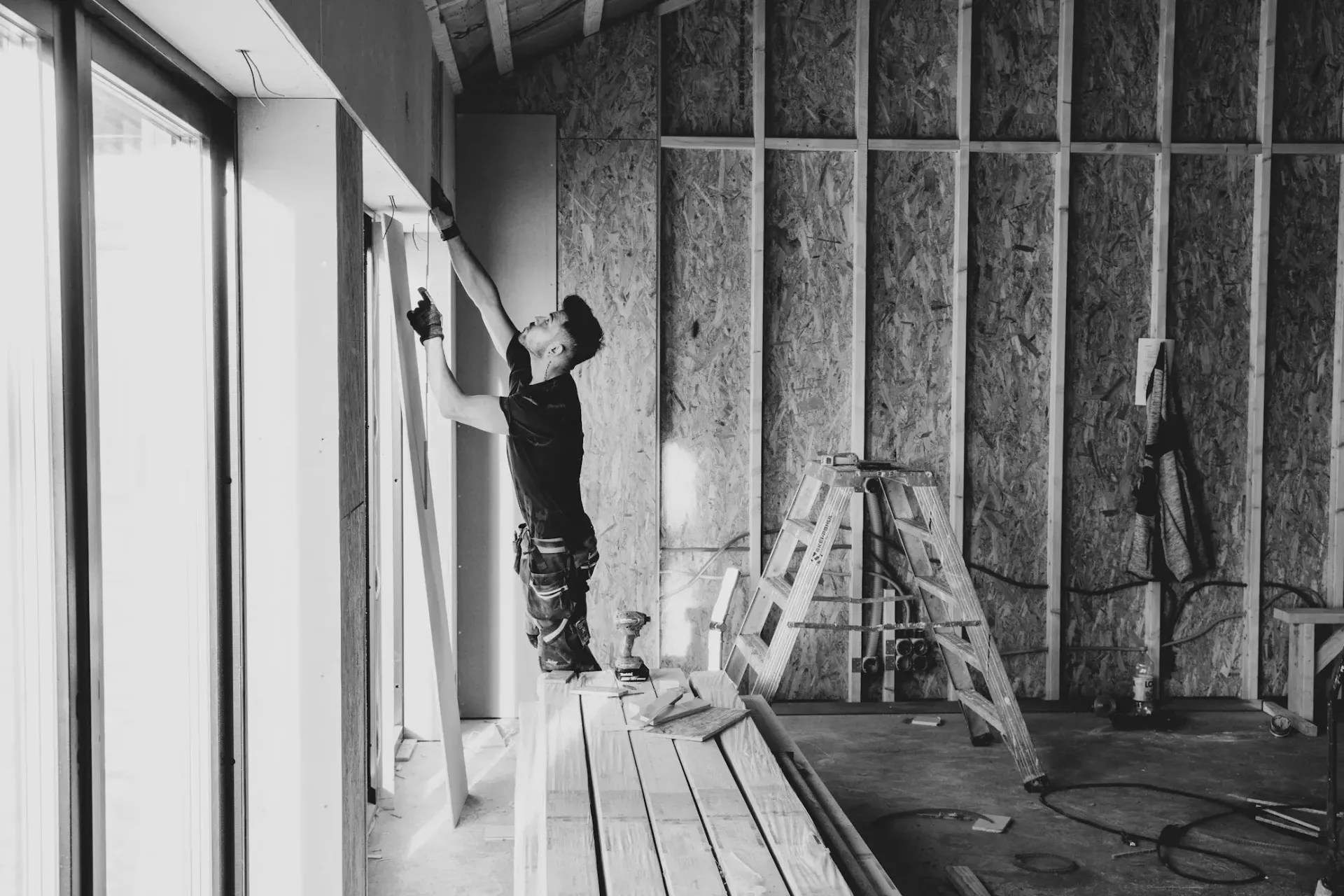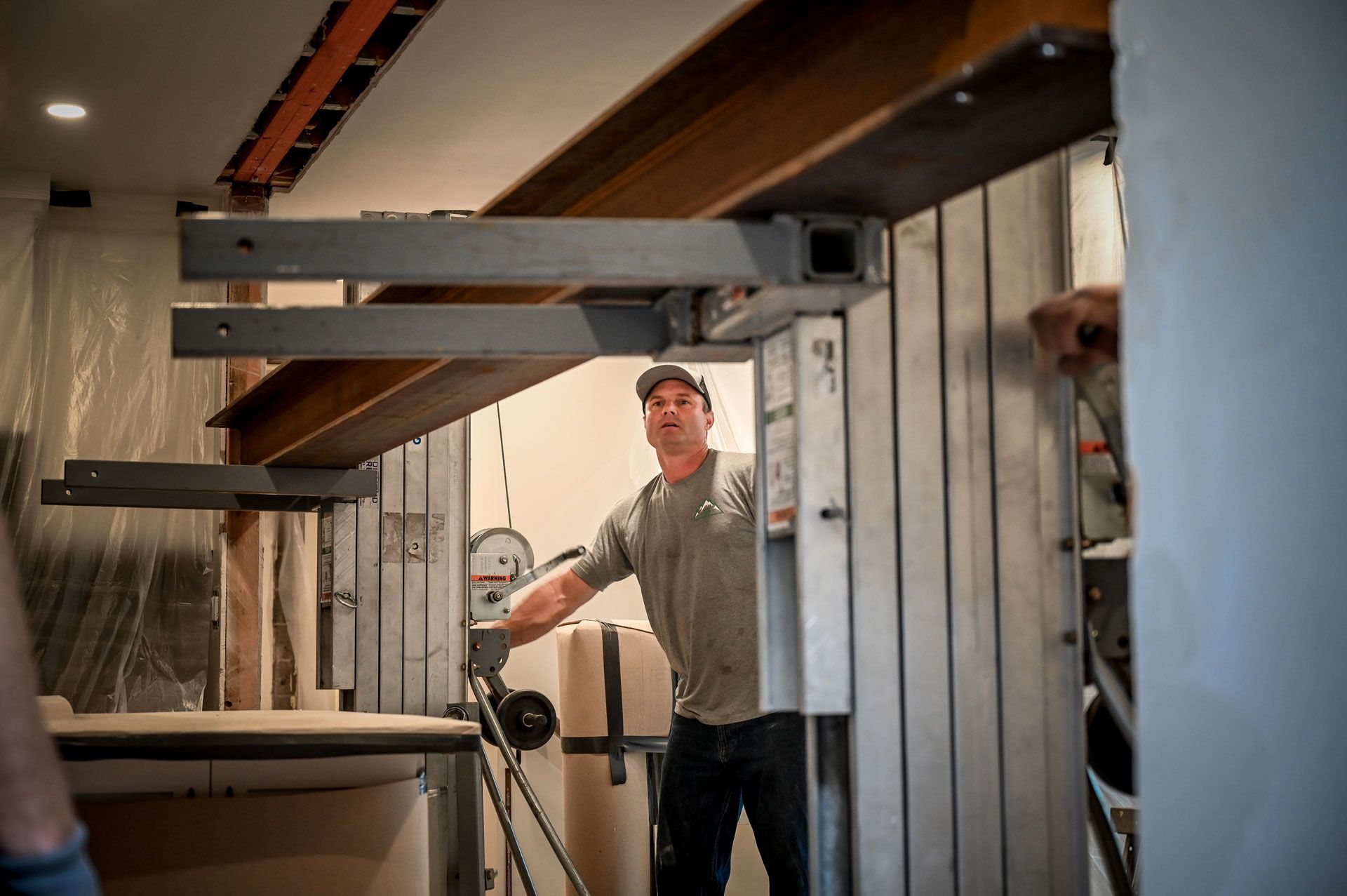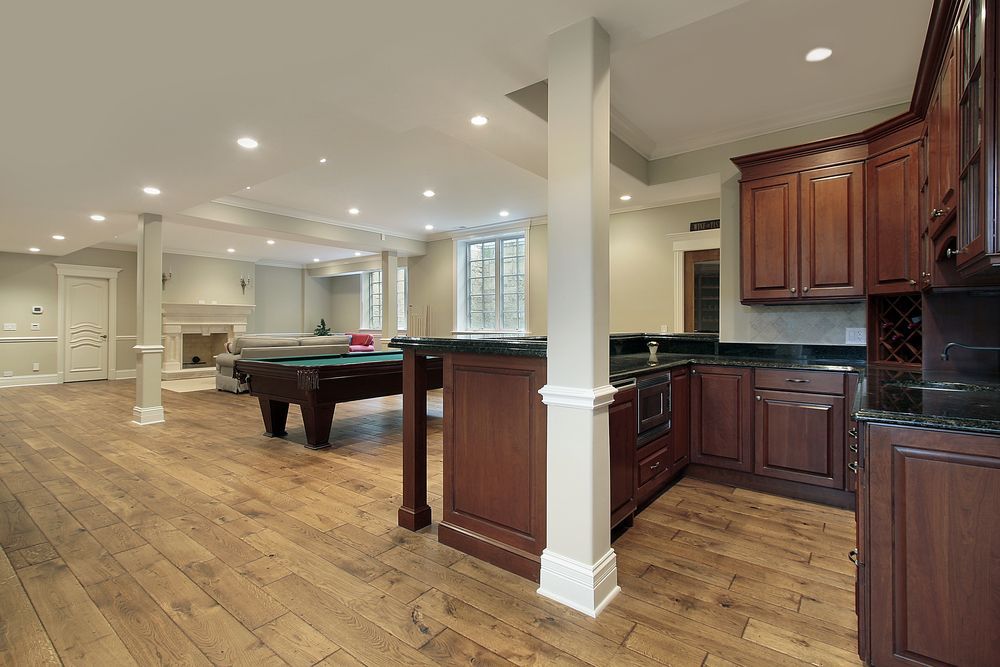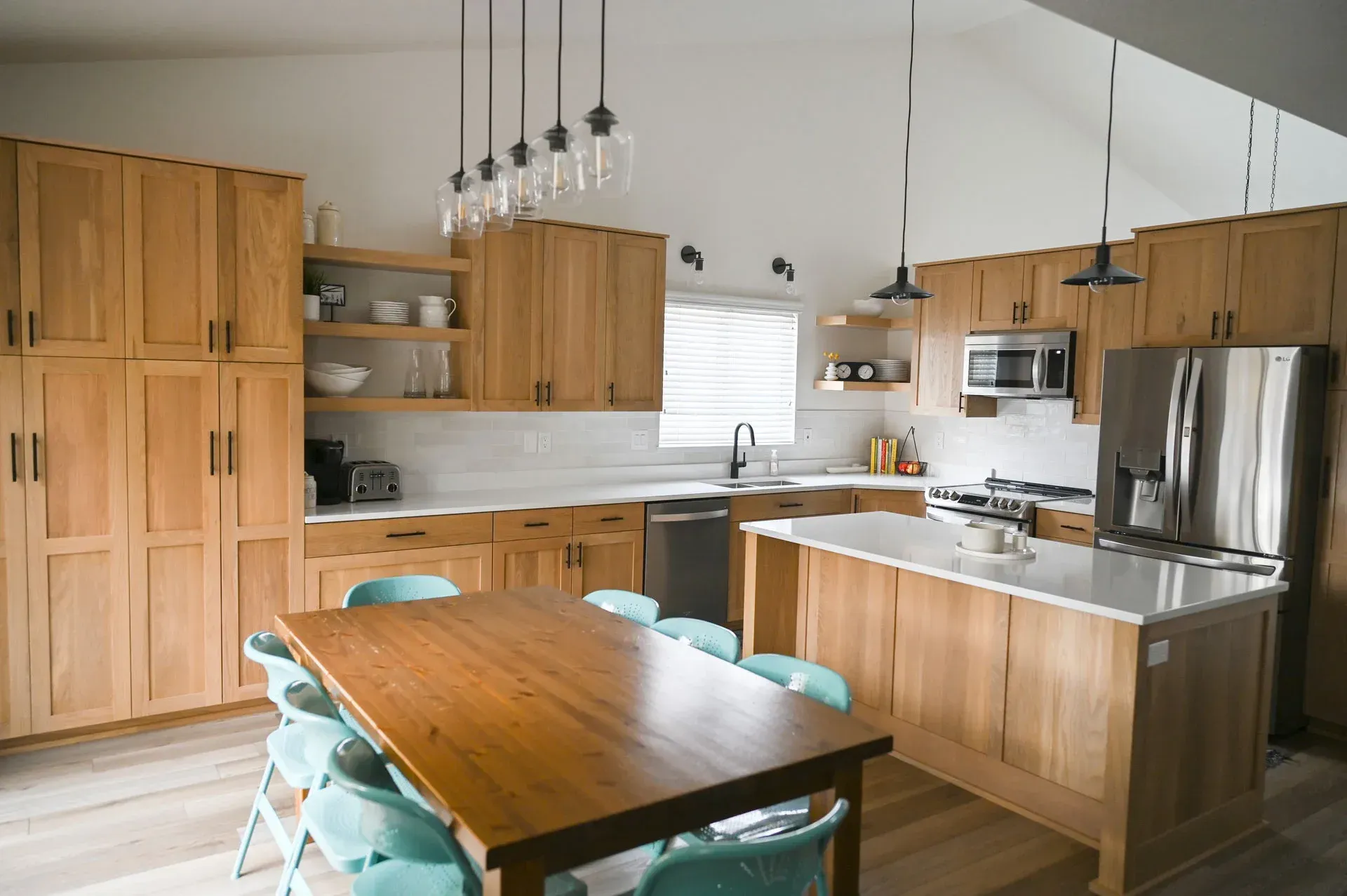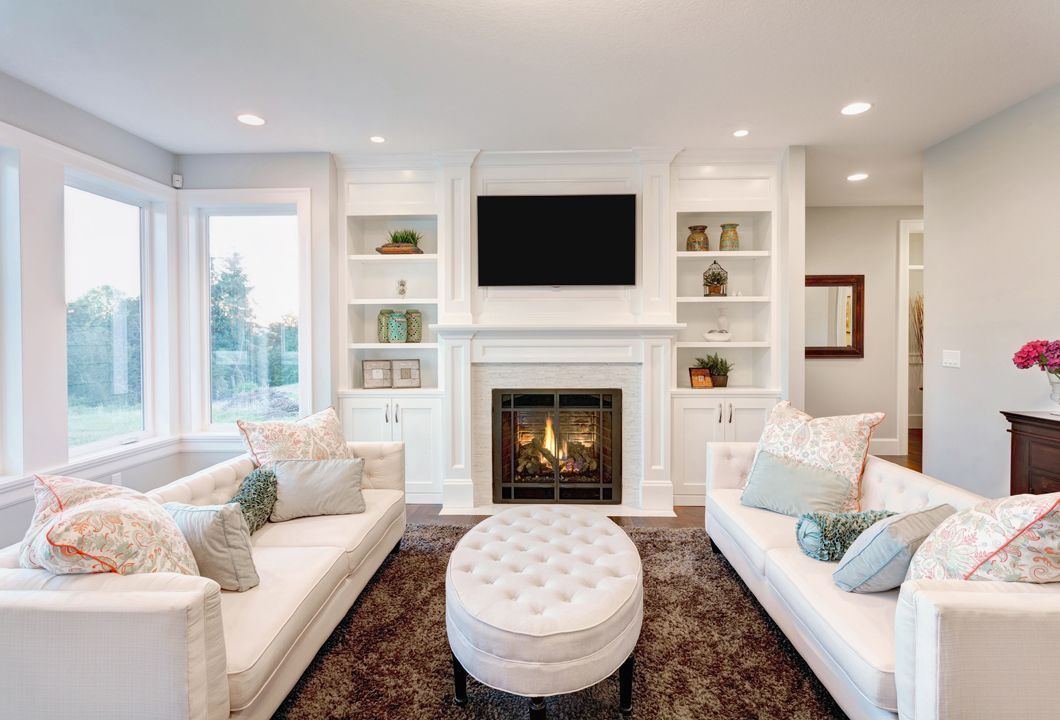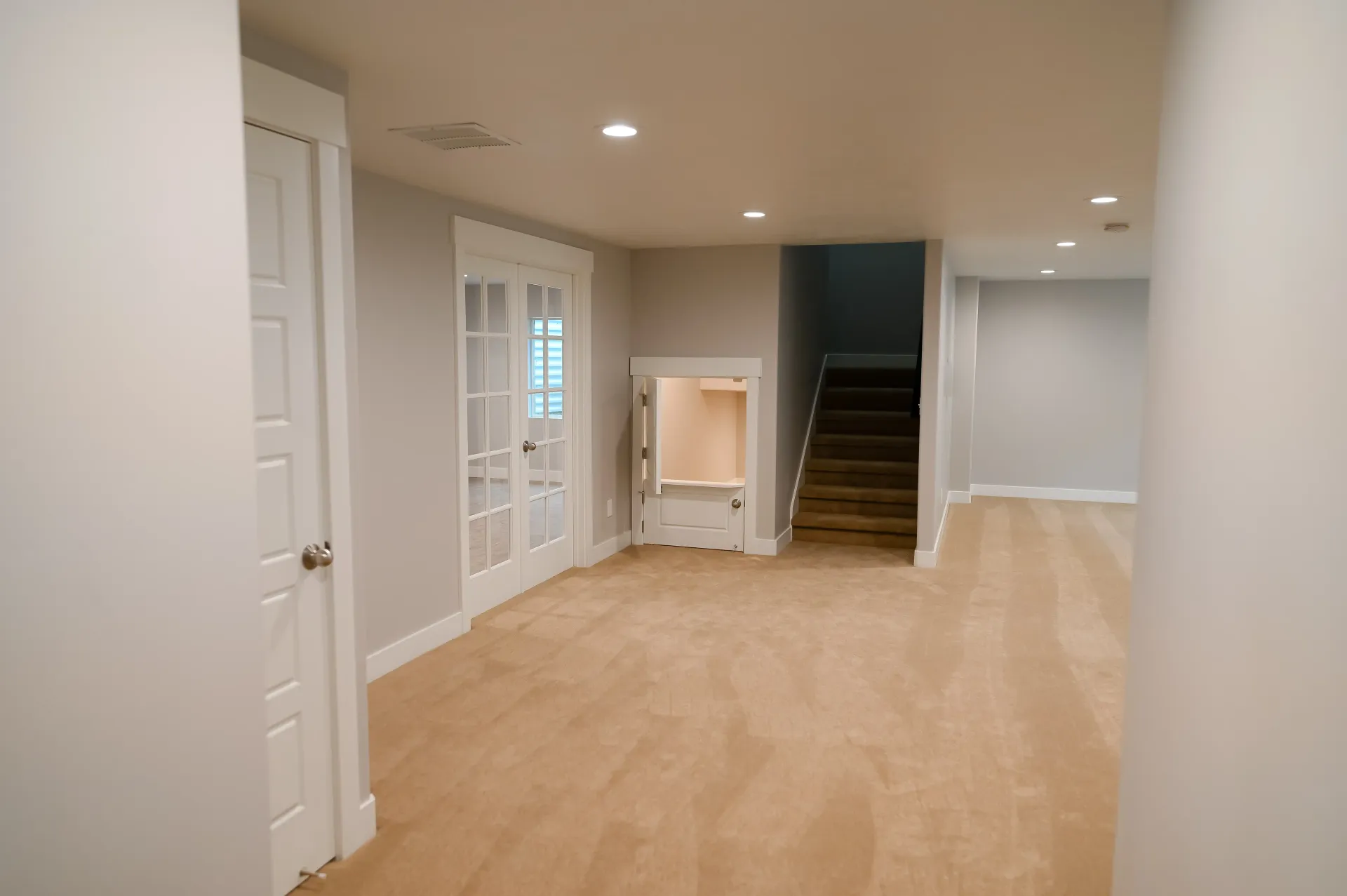Eco-Friendly Home Renovation Ideas to Green Your Home
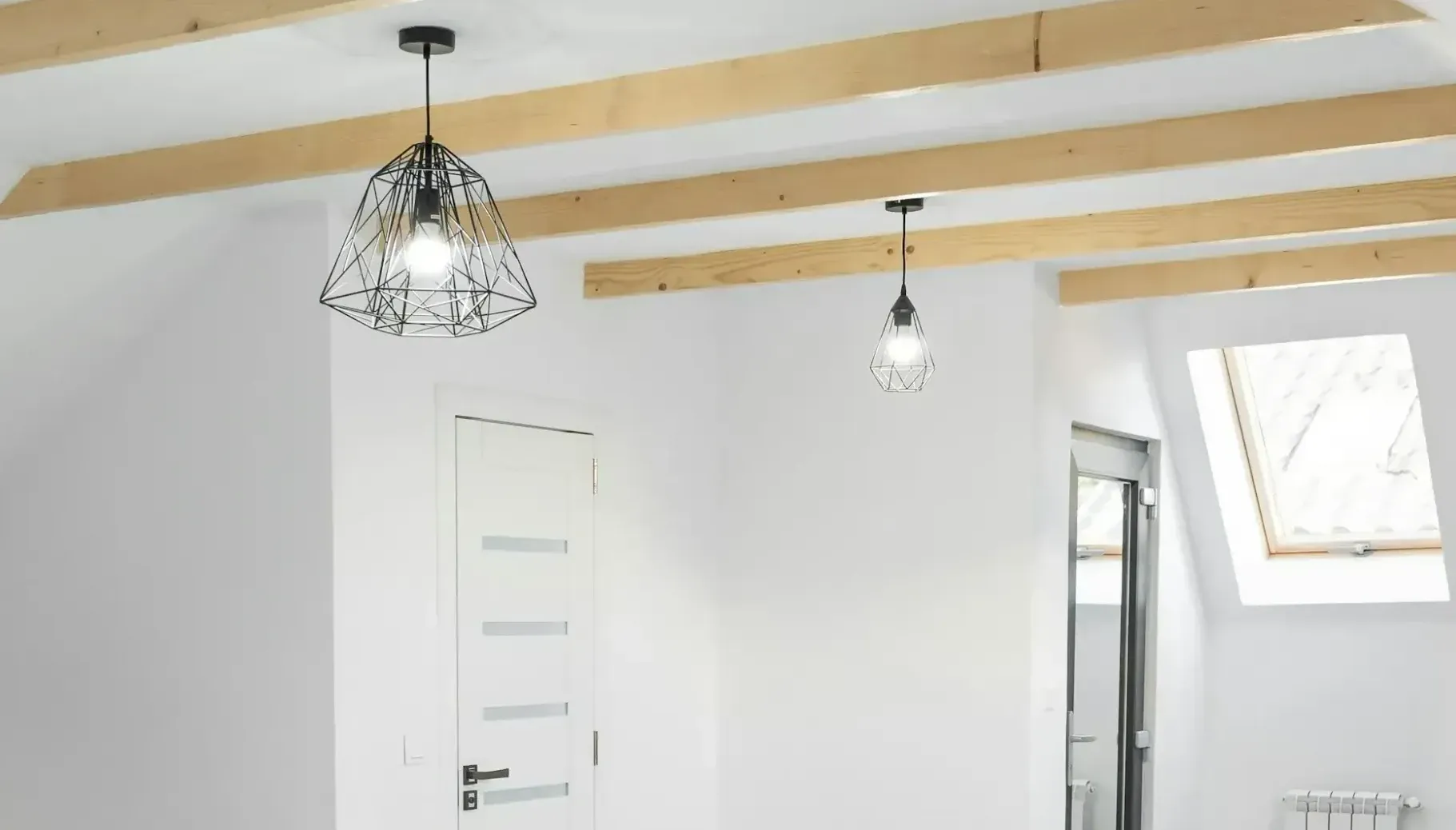
Eco-friendly home renovation may seem like a niche trend, but that’s far from the case. It’s a purposeful step homeowners take to cultivate a more sustainable future.
Homeowners today acknowledge that traditional remodeling methods consume loads of energy, produce massive amounts of waste, and require materials that are harmful to the environment. Choosing sustainable home remodeling practices means reducing your carbon footprint, conserving resources, and making your living space healthier and more comfortable.
Wondering how to get started? Begin by taking an honest look at your home’s environmental footprint. Energy use, water consumption, and material waste are a few areas to check. Even minor changes in a single room can make a lasting positive impact on your life and the planet. Read on to snag some eco-friendly home renovation ideas to green your home.
Benefits of Sustainable Building Materials
Your building materials can make or break any clean home renovation project. Some materials, like aluminum and reinforced concrete can set you back, and others (such as bamboo, recycled steel, and recycled timber) bring you ever closer to your sustainability goals.
To ensure that the materials you choose are indeed sustainable, here are some qualities to look for:
- Recyclability. Go for materials that can be reused or repurposed at the end of their life cycle.
- Energy efficiency. Choose options designed to reduce your home’s energy consumption.
- Low environmental impact. Materials that inflict minimal harm to the environment are best.
The benefits of utilizing sustainable materials instead of traditional ones span from deep cost savings to a reduced overall carbon footprint.
Guide to Energy-Efficient Appliances
Any eco-friendly home should be outfitted with energy-efficient appliances – think ENERGY STAR-certified fridges, cooktops with induction capabilities, and water-efficient dishwashers. Appliances like these help you to reduce your household’s energy consumption and greenhouse gas emissions.
When selecting appliances, keep an eye out for the ENERGY STAR® rating, which serves as confirmation that the product meets strict efficiency guidelines. And ensure that any machine you select is the right size for your household needs - oversized appliances guzzle energy unnecessarily. Functionality also matters; for instance, front-loading washing machines tend to use less water than top-loading ones.
Exploring Green Roofing Options
The type of roof you choose can drastically affect your home’s level of energy efficiency. That’s why every eco-conscious homeowner should explore green roofing option. Living roofs, for example, are partially or fully covered in vegetation; they boost insulation, reduce stormwater runoff, and serve as habitats for pollinators. In addition, cool roofs are designed to reflect sunlight to cool your home and reduce your reliance on air conditioning.
Planning and installing a green roof takes some serious forethought. Before getting started, we recommend consulting a contractor to ensure your structure is sound enough to withstand the weight of the roof. They’ll also help you determine if you can handle the maintenance your roof will require as time progresses. Yes, the upfront roofing costs will be a bit higher than if you’d chosen an alternative, but the long-term energy savings and environmental benefits make it a wise investment.
Incorporating Recycled Home Décor
Sustainability doesn’t stop at major renovations. It also extends to those finishing touches that make your space feel like a home. Incorporating recycled or upcycled décor is a great way to personalize your space and protect the planet simultaneously. Here are some recycled materials and how they can be used in your home:
- Reclaimed Wood Furniture: Salvaged wood can be used to craft items like shelves, coffee tables, or headboards. They inject warmth and character into any space.
- Upcycled Glass Jars and Bottles: Repurpose jars and bottles into vases, storage containers, or even light fixtures for a look that’s equally rustic and modern.
- Repurposed Metal Accents: Gather any old metal pieces you’ve got lying around (pipes, tin panels, etc.) and assemble them into wall art, planters, or decorative frames for some industrial charm.
Using recycled home décor not only helps you reduce waste, but it enables you to conserve resources.
Tips for Eco-Conscious Interior Design
Eco-conscious interior design follows several well-designed principles, including:
- Using natural materials instead of synthetic ones.
- Maximizing natural light with open layouts and reflective surfaces.
- Opting for sustainably made fabrics - cotton, linen, and recycled textiles are a few.
And the best part is that you don’t have to sacrifice your personal style. You can blend your desired aesthetic with eco-friendly choices and create spaces that are modern, stylish, and environmentally responsible.
Takeaways
Eco-friendly home renovation helps reduce waste, save energy, and create healthier spaces. They give homeowners the opportunity to create a greener future and cut costs in the process. We encourage you to evaluate your home’s footprint and begin with one small change today. For additional assistance, explore our home renovation services to bring your eco-friendly vision to life.

